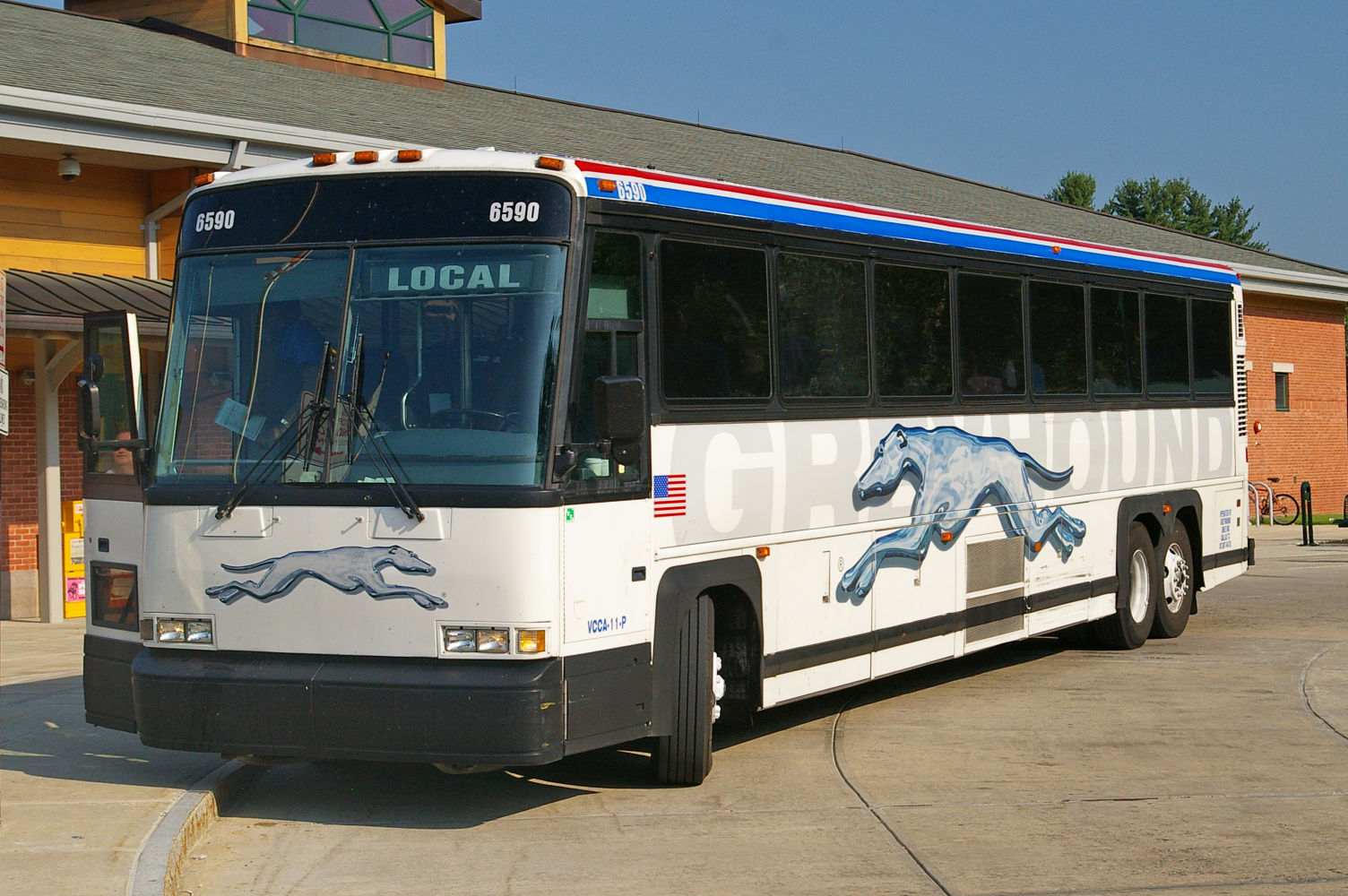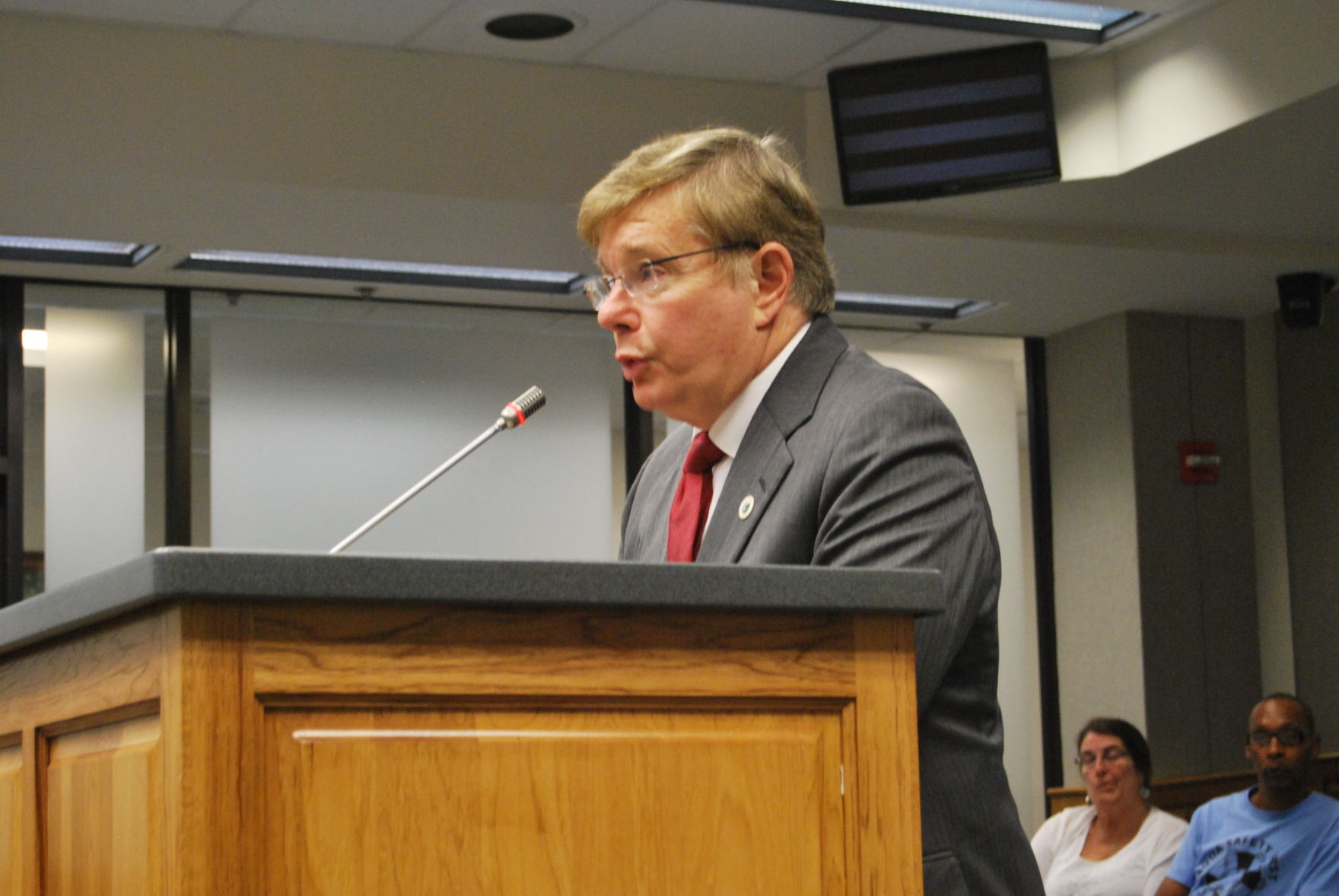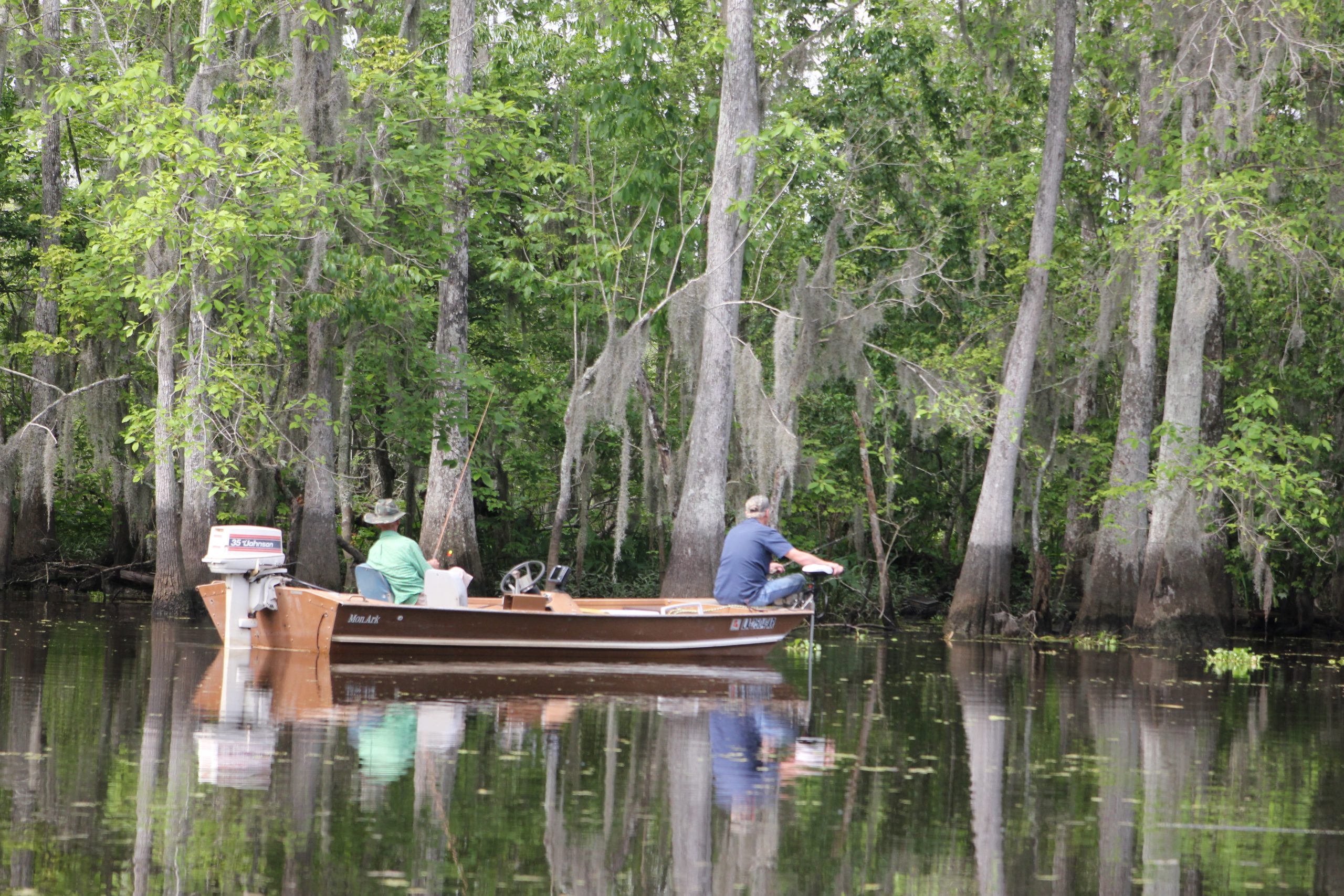
Leave the driving to Greyhound in June
May 20, 2015
Terrebonne council to talk police, firefighter pay
May 20, 2015Lafourche officials are meeting this week to discuss how – or indeed whether – to move ahead with plans to spend $100,000 for legal help finding documents related to an old canal now privately owned, but which some residents want to see put to public use.
The question of whether the portion of the Company Canal running through Arlen “Benny” Cenac’s Golden Ranch plantation is public or private was resolved after lengthy litigation that went all the way to the Louisiana Supreme Court, with the justices ruling in Cenac’s favor.
The Lafourche Parish Council last month passed a resolution authorizing the expenditure, to find documents some Gheens residents say are proof that Cenac’s title to the canal is unproved, because ownership could not be established a century ago and longer, authoritatively.
Parish President Charlotte Randolph, District Attorney Cam Morvant and parish council members are expected to meet this week for further discussion regarding the resolution, which was passed against Morvant’s advice.
A review of parish records, historical accounts of the Company Canal’s history and interviews make for a strong indication that the undertaking may have been doomed from the day it was born. The resolution requesting that a $100,000 expenditure on a matter already resolved by the courts has bare support even from council members who passed it.
“It is the duty upon oath that the governing authority and State officials address concerns dealing with the general health, safety and welfare of the citizens,” the resolution states, noting that its purpose is for “further research be done into the ownership of the Company Canal; therefore be it resolved by the Lafourche Parish Council, convened in regular session, that it does hereby request the administration to provide a supplemental appropriation in the amount of $100,000.00 in order for the council to hire an attorney to research the Company Canal.”
“This what the people told me they wanted and so that’s what I did,” said councilman Lindel Toups, when questioned about the decision’s wisdom.
Council members who voted for the resolution, including Toups, said they did not specifically remember a resolution – from 2010 – in which the parish specifically acknowledges that the canal belongs to Cenac.
“Lafourche acknowledges that Company Canal is a private waterway owned by Cenac,” reads an agreement signed by both Randolph and Cenac, which created a servitude – an area that the parish could utilize for utilities and drainage, on land adjoining the canal. The authority on which that is based, according to the agreement, is a Louisiana Supreme Court decision in 2003.
“I voted for it,” said Councilman Aaron Caillouet. “I knew the District Attorney was probably going to rule on it. The resolution was kind of vague from my standpoint.”
Caillouet said nobody every told him that the parish had acknowledged Cenac’s ownership of the canal. If he had known that, he said, it is possible he might have voted against the resolution.
Councilman John Arnold said Sunday he wasn’t certain how he had voted, but that if the District Attorney advised against voting for it he likely would not have.
The official record reflects that Arnold indeed voted for the resolution.
A handful of families in Gheens want to see the canal declared public because it would allow for them, once again, easy access to Lake Salvadore and points beyond it. They’re not land-locked; they still have the option of traveling Bayou Des Allemands to get to the lake. But aspects of that route, Toups notes, can be treacherous depending on weather.
The 2003 Louisiana First Circuit Court of Appeal case which the Supreme Court upheld found, generally, that merely allowing members of the public to use the water body, as had been done prior to and during part of Cenac’s ownership, does not and should not result in a private property owner losing their rights t their property.
So while it is true that the issue of whether title to the canal is clearly owned by Cenac because it was owned by the Gheen family, from whom he bought Golden Ranch, is resolved, another question might remain open.
That would be the chain of ownership back to the time it was dug, and deeded to Robert Ruffin Barrow, prior to the Civil War.
In his book “The Barrow Family and the Barataria and Lafourche Canal,” which includes a history of the Company Canal, author Thomas Becnel notes that Barrow and his son, Robert Jr., had been involved with a number of questionable land deals to avoid debt, sometimes placing land or water in the name of business associates.
The practice was confusing to the courts then and, in some cases, might still prove a slippery slope for proving ownership of various portions.
But nowhere in Becnel’s account is a suggestion that anyone but the Barrows actually owned the Company Canalother than the Barrows, until portions of it were sold piecemeal in the 20th Century.
The ownership issues that might have involved the Canal, according to Becnel, involved those portions that extended east to Harvey.
If the parish eventually were to try to take ownership or claim a servitude, lawyers familiar with the case have said, proof would be difficult if not impossible to produce.
But a case could be attempted. Whether Lafourche Parish wishes to spend $100,000 to find out what kind of chance it has is a question already answered by the resolution passed in April.
But council members are already backing away from projecting a clear and convincing fire in the belly for taking on such a battle.
“It was just a resolution, that is just a request,” said Councilman Joe Fertitta, who also voted for the study to be done.










